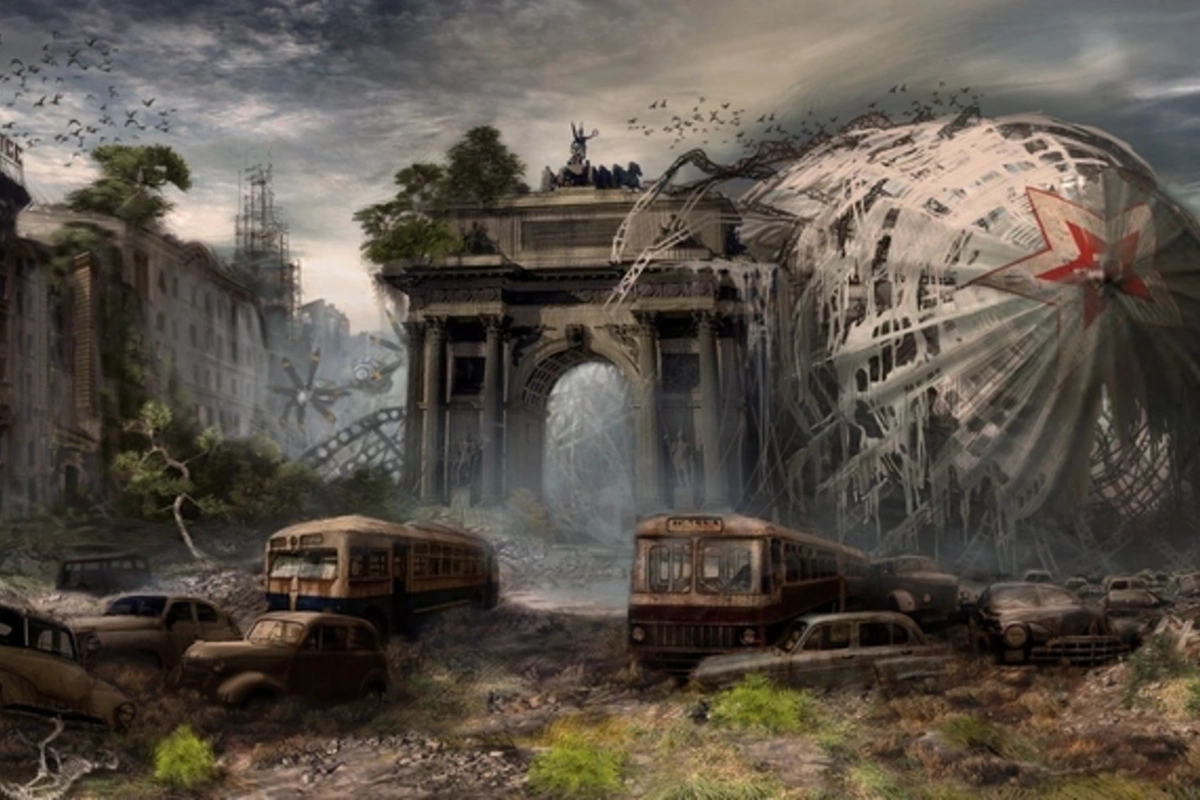24 Apr , 00:02 2025
0

Real AI risks concern people more than apocalyptic scenarios, large-scale study shows
Researchers from the University of Zurich found that most people take current artificial intelligence problems much more seriously than theoretical "end of the world" scenarios. A large-scale survey covering more than 10,000 respondents from the US and UK revealed unexpected features of public perception of technological risks. The results of the work were published in the prestigious scientific journal Proceedings of the National Academy of Sciences.
Scientists discovered that despite active discussion of "existential threats" in the media space, ordinary citizens are more concerned with tangible problems: algorithmic bias, the spread of fake news, and potential job losses due to automation. Notably, even when participants were shown frightening headlines with apocalyptic images, their attention still focused on pressing challenges.
"Respondents clearly distinguish between theoretical, hypothetical dangers and real, already existing problems, and treat the latter with a very high degree of seriousness," emphasized Professor Fabrizio Gilardi, co-author of the study.
Interestingly, even when participants experienced anxious feelings in response to dramatic descriptions of an AI future, the level of concern about specific, observable threats today remained higher. This refutes the common opinion that discussions about hypothetical scenarios distract society from current problems.
"Public discussion should not turn into a choice between extremes - either talking only about the present or only about the future," Gilardi emphasized. - "It is necessary to simultaneously take into account both existing and potential long-term risks associated with the development of artificial intelligence".
The study provided systematic data for the first time, confirming that even with increased attention to possible future threats, public interest in current problems remains high. The authors emphasize the need for a broad and balanced dialogue on ethics, social responsibility, and risks that arise in connection with the development of artificial intelligence technologies.